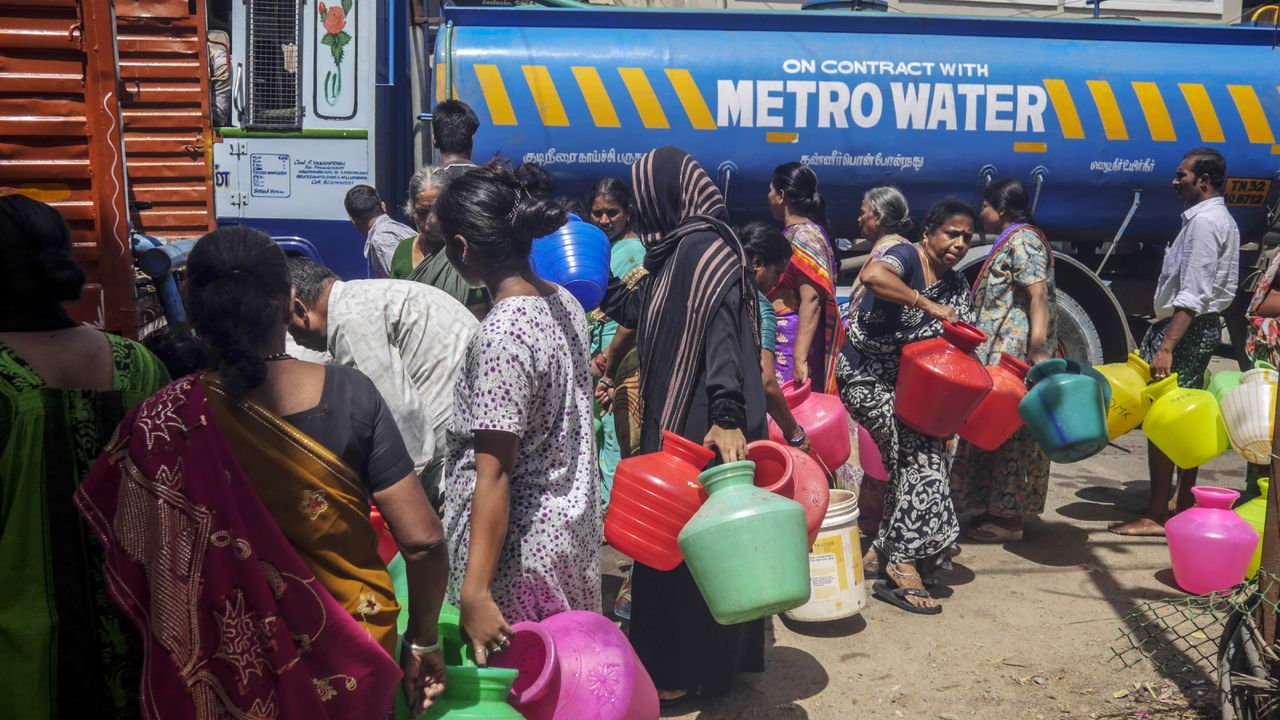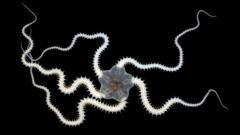'An increasing attack on water resources from multiple fronts': Scientists warn 'day zero droughts' could hit before 2030
NegativeScience

Scientists are sounding the alarm about the increasing threat of 'day zero droughts,' where regions face extreme water shortages. With three-quarters of the world's drought-prone areas at risk, some could experience these severe conditions as early as 2030. This is crucial because it highlights the urgent need for sustainable water management and climate action to prevent widespread crises.
— via World Pulse Now AI Editorial System
/https://tf-cmsv2-smithsonianmag-media.s3.amazonaws.com/filer_public/62/01/62019da1-dd28-4322-aca0-0ec598b63235/7402439760_6437bcb924_k.jpg)

